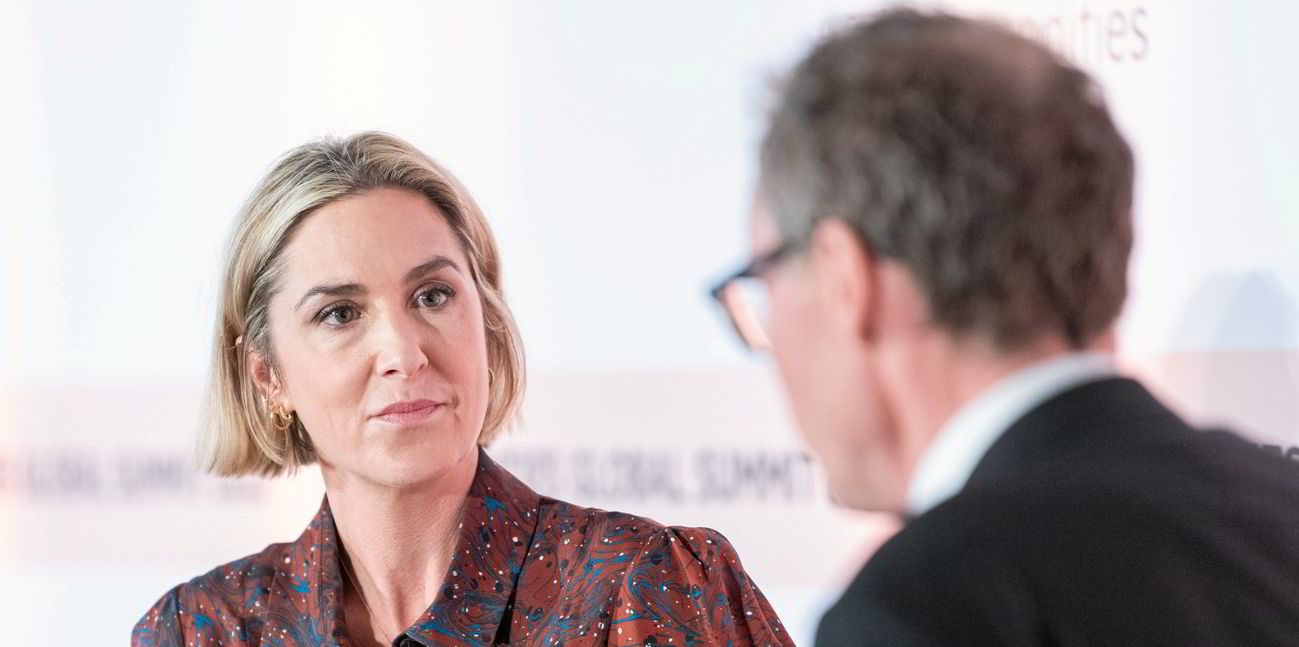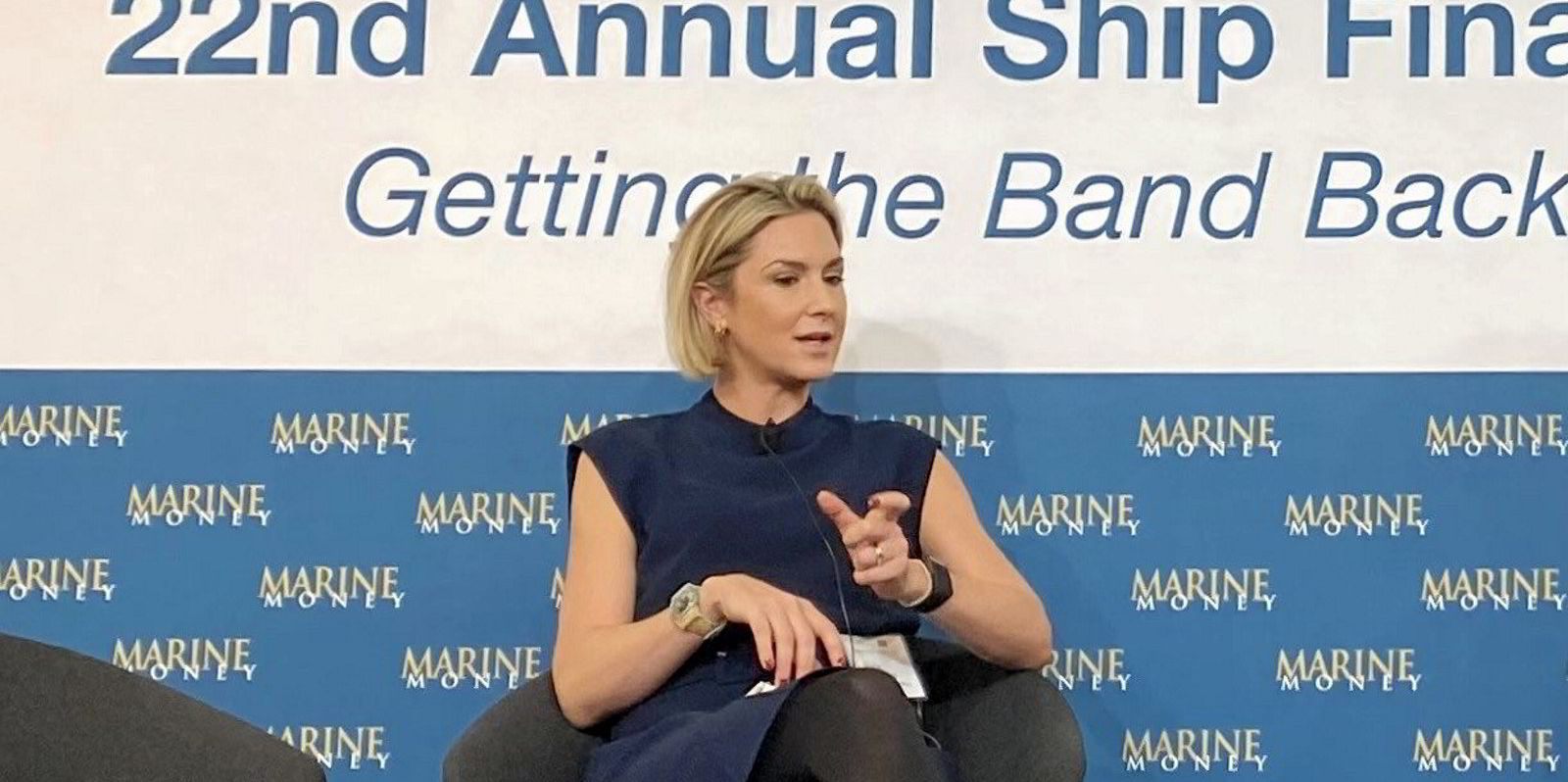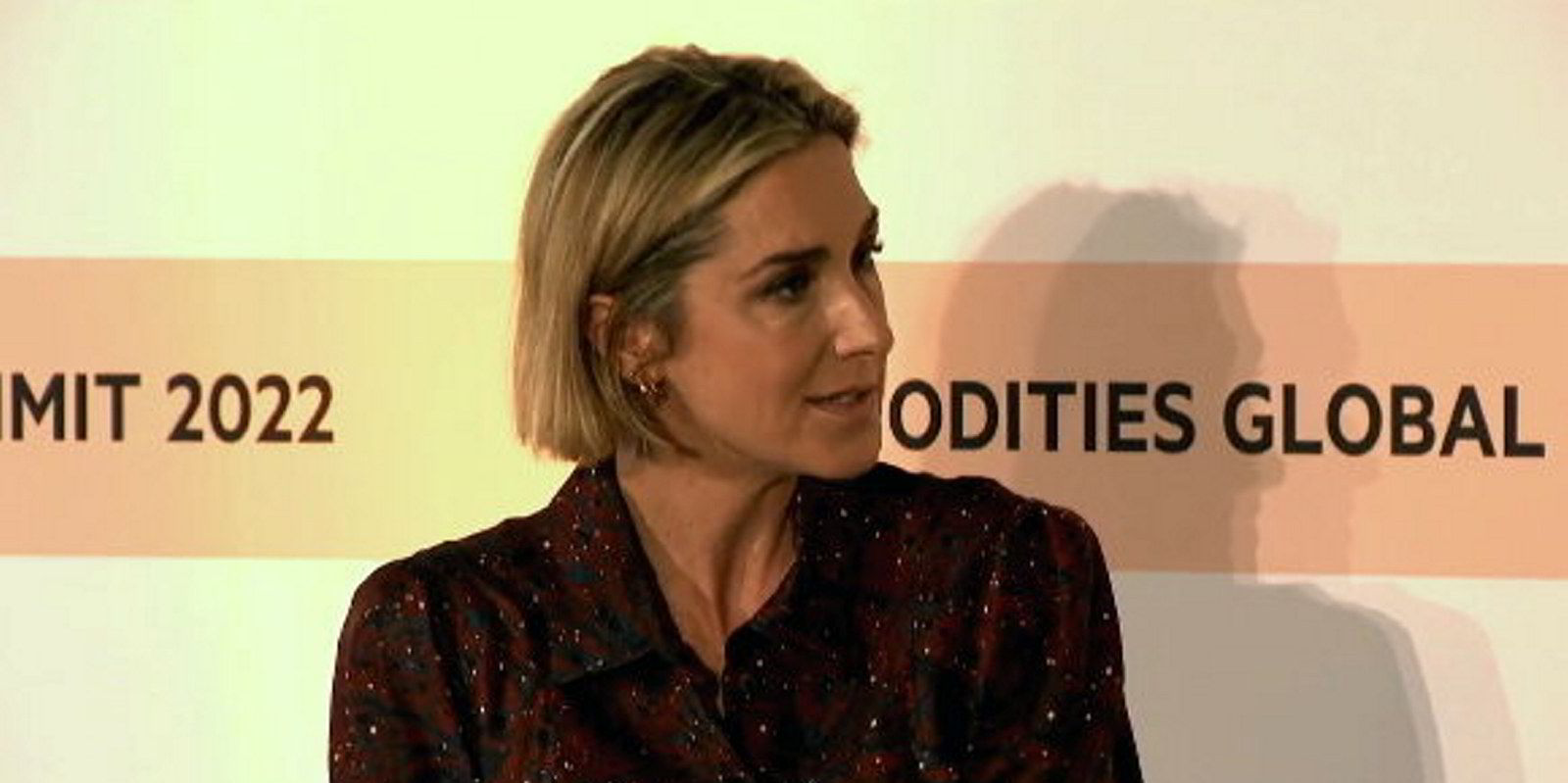A rampant sale-and-purchase market for bulkers seems to have generated a landmark deal, with several market sources suggesting that Maran Dry Management has agreed to offload all but one of its mini-capesizes.
Chinese buyers are said to be paying about $200m for seven Maran Dry-owned sisterships built at Shanghai Shipyard.
Brokers identified the ships as the 114,000-dwt Maran Aspiration (built 2012), Maran Dawn, Maran Sky, Maran Sun (all built 2011), Maran Progress, Maran Wisdom (both built 2014) and Maran Zenith (built 2013). Some other brokers said the 114,000-dwt Maran Ocean (built 2013) is also part of the deal.
A Maran Dry spokeswoman declined to comment on the information, citing standard company policy not to discuss these types of issues.
Ship management sources, however, believe the information is probably correct, as they know that the seven vessels have been circulating as sale candidates for several weeks.
All of them are currently operated by Peter Weernink-led SwissMarine, which features them on the fleet list on its website alongside a further 29 mini-capesize and post-panamax vessels.
The Maran septet comes equipped with scrubbers, which provides it with a considerable trading advantage in a time of high bunker prices.
If the transaction is confirmed, it would leave Maran Dry with a single mini-capesize, the 114,000-dwt Maran Ocean (built 2011).
Not your average type of vessel
Mini-capesize deals are very rare, making it difficult to set price benchmarks for them.
Also known as babycapes, vessels of that size represent a particular type of ship that specialises in certain kinds of cargo, particularly in the Pacific and Atlantic minerals trades.
A large owner of such vessels is Germany’s Oldendorff Carriers, which has bought about 10 since 2018. In December, Oldendorff switched the technical management of eight mini-capesizes to the Synergy Group.
Any short-term considerations apart, a sale of Maran’s conventionally fuelled babycapes may represent part of its fleet modernisation and decarbonisation strategy.
Maran principal Maria Angelicoussis said late last month that there is “a huge sense of urgency” within her group to adjust to greener shipping.
Cutting emissions is “probably” her company’s “top priority”, she said.
Maran, which owns more than 100 bulkers, tankers and LNG carriers and is a serial contractor of newbuildings, will most likely no longer order any conventionally fuelled ships, Angelicoussis told TradeWinds editor-in-chief Julian Bray at the FT Global Commodities Summit.
Angelicoussis explained that the group has an accurate idea of how the current fleet is performing and it spends “quite a bit of money” on energy-saving devices to optimise its environmental footprint.
Vessels with optimised hulls and energy-saving devices will cut emissions by at least 35%, she said.





